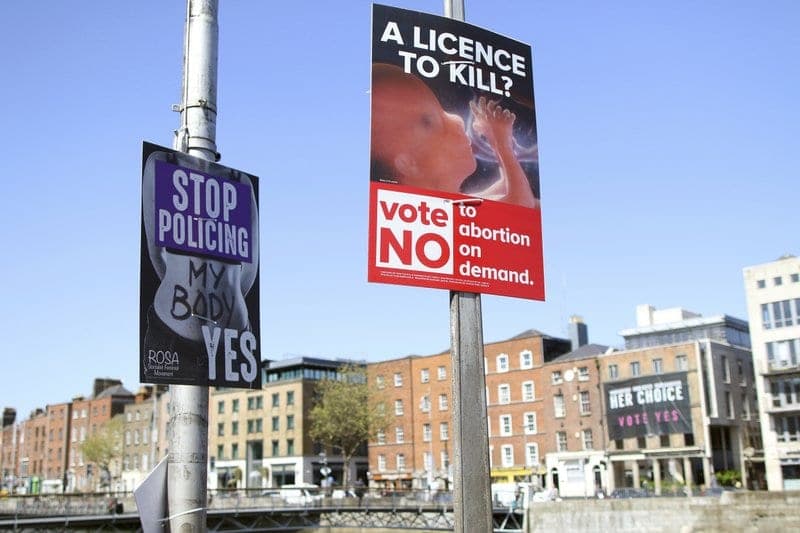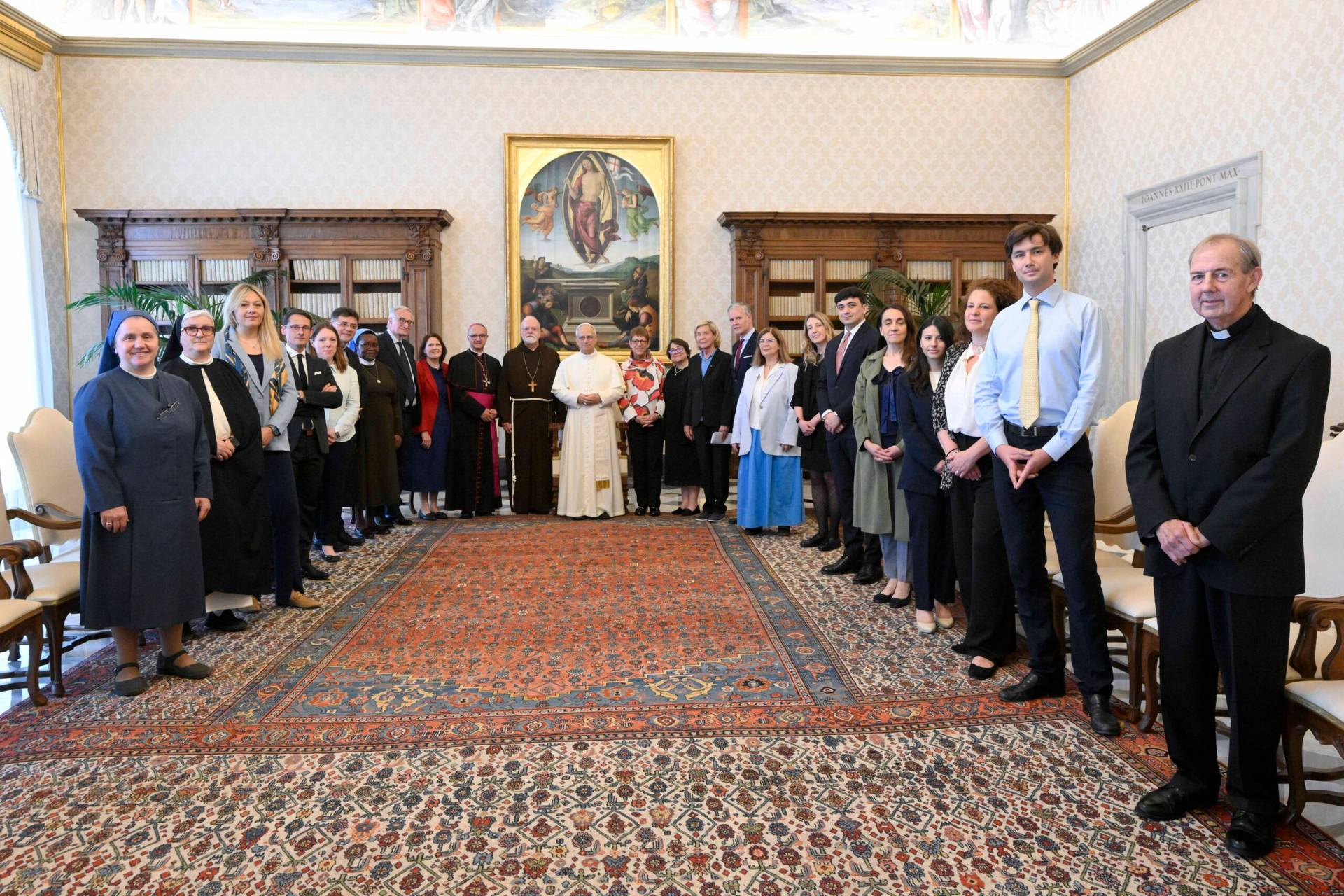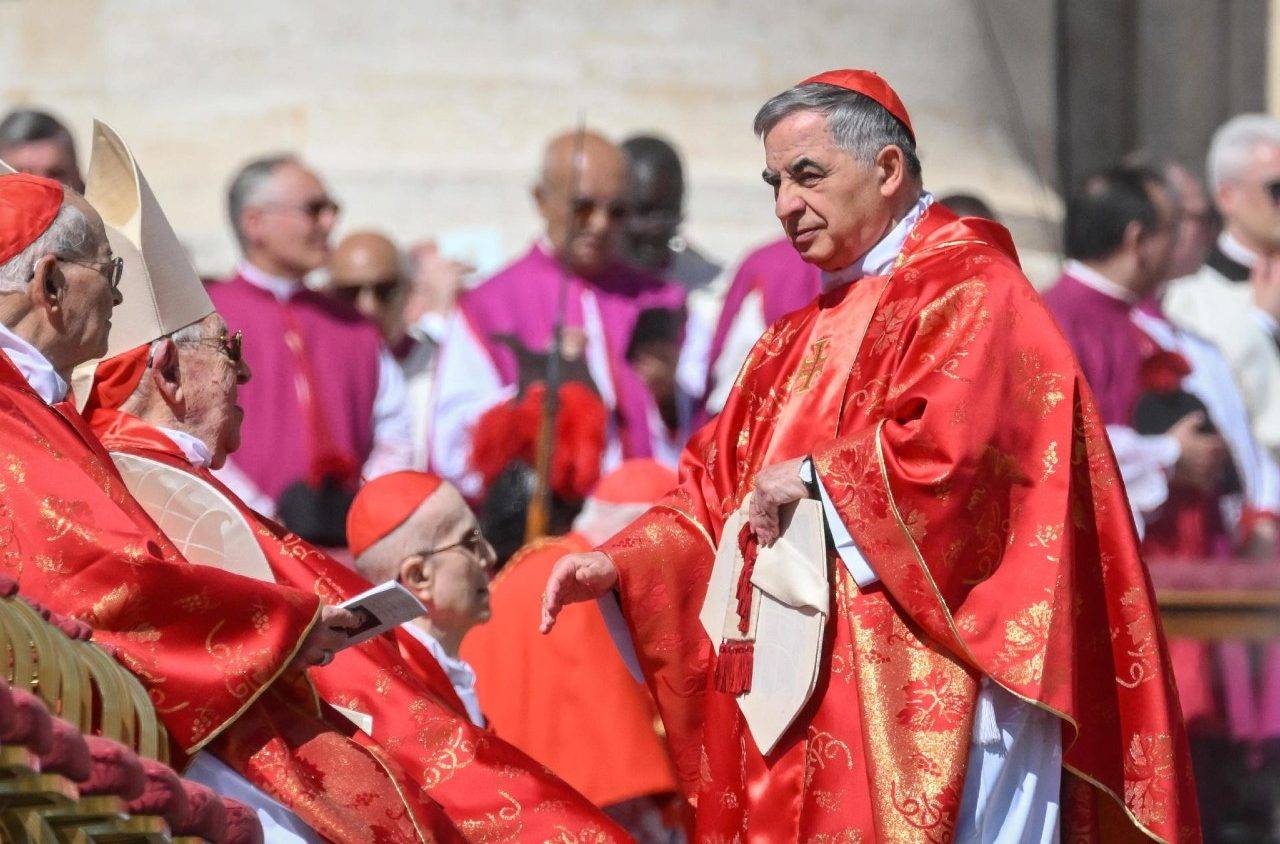LEICESTER, United Kingdom – When the Republic of Ireland voted to remove constitutional protections for the unborn in May of last year, many pro-choice supporters began chanting, “The North is next!”
Northern Ireland is under the jurisdiction of the United Kingdom, but was exempted from the Abortion Act of 1967 that legalized it in the rest of the UK. In fact, for decades opposition to abortion seemed to be the only issue that united the Presbyterian Protestant majority and Catholic minority in the North.
However, attitudes are changing. A Sky Date poll from April showed 54 percent of Northern Ireland supported legalizing abortion, with only 30 percent opposed. With two-thirds of the electorate in the south voting to legalize abortion last year, many abortion activists feel the time is ripe to target the North’s unique – and now isolated – position.
This week, the pro-life protections in Northern Ireland were removed in a series of amendments to the Northern Ireland (Executive Formation) Bill, that had the primary function of dealing with the exercise of government functions in Northern Ireland, since the power-sharing agreement collapsed in January 2017. The amendments would also impose same-sex marriage in the North, which is already legal in the rest of the UK and the Republic of Ireland.
What should have been a standard legislative procedure was “hijacked” – in the words of Archbishop Eamon Martin of Armagh – by pro-choice members of the British parliament earlier this week.
The House of Lords didn’t put up much resistance, and there is little standing in the way of legal abortion being introduced in Northern Ireland, if the power-sharing government isn’t re-established by October, which isn’t likely.
The Catholic bishops of Northern Ireland are appealing to the prime minister to stop the bill, asserting it violates the principals of the 1998 Good Friday Agreement, which ended “The Troubles,” the 30 years of sectarian violence which led to the deaths of over 3,500 people.
The agreement calls for a devolved government in Northern Ireland, which must include representatives of both the Protestant and Catholic communities.
The pact has come under a lot of pressure recently, not only due to the collapse of the devolved government over two years ago, but also because of the looming Brexit, since many of the guarantees in the Good Friday Agreement were undergirded by the UK and Ireland both being in the European Union.
This week’s actions in the UK Parliament would be the most drastic changes to Northern Ireland imposed by London in over 20 years.
“The equal right to life, and love, of a mother and her unborn child is so fundamental to the common good of every society that citizens deserve the fullest participation in the democratic debate about the legislation which governs it. This also applies to decisions regarding the nature of marriage. What is happening in Westminster during these days recklessly undermines this fundamental right of citizens and the principle of devolution at the heart of the Good Friday Agreement. It should be a matter of grave alarm for every citizen in Northern Ireland and all who cherish the right to life as the most fundamental of all human rights,” the bishops of Northern Ireland said in a July 17 statement.
Lord David Alton, a Catholic member of the House of Lords from England, noted the parliamentary vote happened “despite the knowledge that the democratically elected Northern Ireland Assembly voted in 2016 by a clear majority not to change its law on abortion in any way,” and “that there was no public consultation and no warning” before the legislation was passed.
“To make matters even worse, 100 percent of those voting to change its laws represented constituencies from outside Northern Ireland and 100 percent of Northern Ireland Members of Parliament who were present voted against it. How can the British Parliament treat part of the United Kingdom with such utter contempt?” Alton asked.
It wasn’t just the Catholics concerned about the imposition of London’s will on Northern Ireland.
“We are being very selective to legislate on some of the most contentious and divisive issues on which there is no consensus, but leave aside hundreds of other issues on which there is consensus that there should be action taken,” said Nigel Dodds, a member of the Democratic Unionist Party (DUP).
Despite this, the vote in Parliament hasn’t caused a constitutional crisis, or even a huge outcry from Northern Ireland’s political parties (which are separate from the major parties in the rest of the UK.)
Even Sinn Fein, the Nationalist party that served as the political wing of the Irish Republican Army, has been quiet about the issue.
Observers have noted that the party has been officially pro-choice since abortion was legalized in the Republic of Ireland – in fact, members are not allowed to vote pro-life in either the Dáil in the Republic, or the Legislative Assembly in the North – and the Westminster bill helps them achieve their legislative aims. (Sinn Fein members elected to the Westminster parliament refuse to take their seats, since it involves an oath to the queen.)
The SDLP – the more moderate Nationalist party – is officially pro-life, but allows its members to dissent on the issue.
(Despite representing the Catholic community in the North, both Sinn Fein and the SDLP support same-sex marriage.)
This leaves pro-life Catholics in an awkward position, since the only party in a position to stop the looming legislation is the DUP, which is historically virulently anti-Catholic.
The UK’s ruling Conservative government doesn’t have a majority in Parliament, and depends upon the support of the 10 DUP members.
The question is whether the DUP have the political will to use this position to pressure their government allies to stop the legislation.
Follow Charles Collins on Twitter: @CharlesinRome
Crux is dedicated to smart, wired and independent reporting on the Vatican and worldwide Catholic Church. That kind of reporting doesn’t come cheap, and we need your support. You can help Crux by giving a small amount monthly, or with a onetime gift. Please remember, Crux is a for-profit organization, so contributions are not tax-deductible.
















